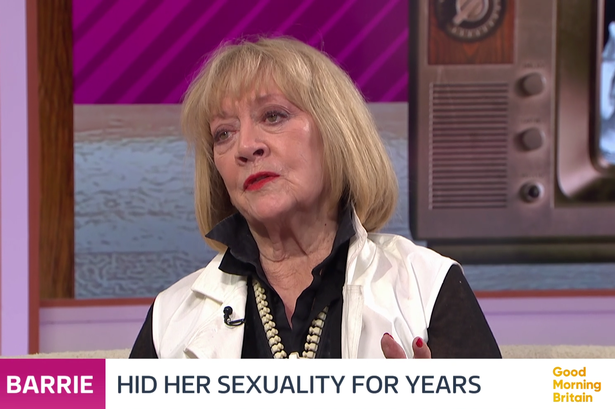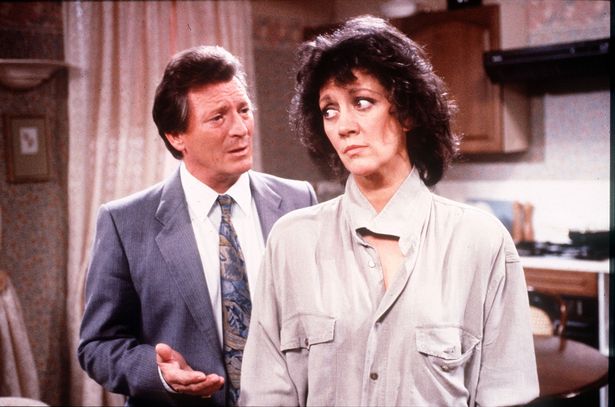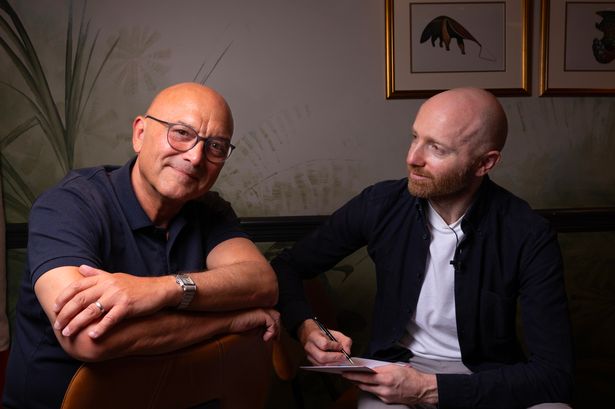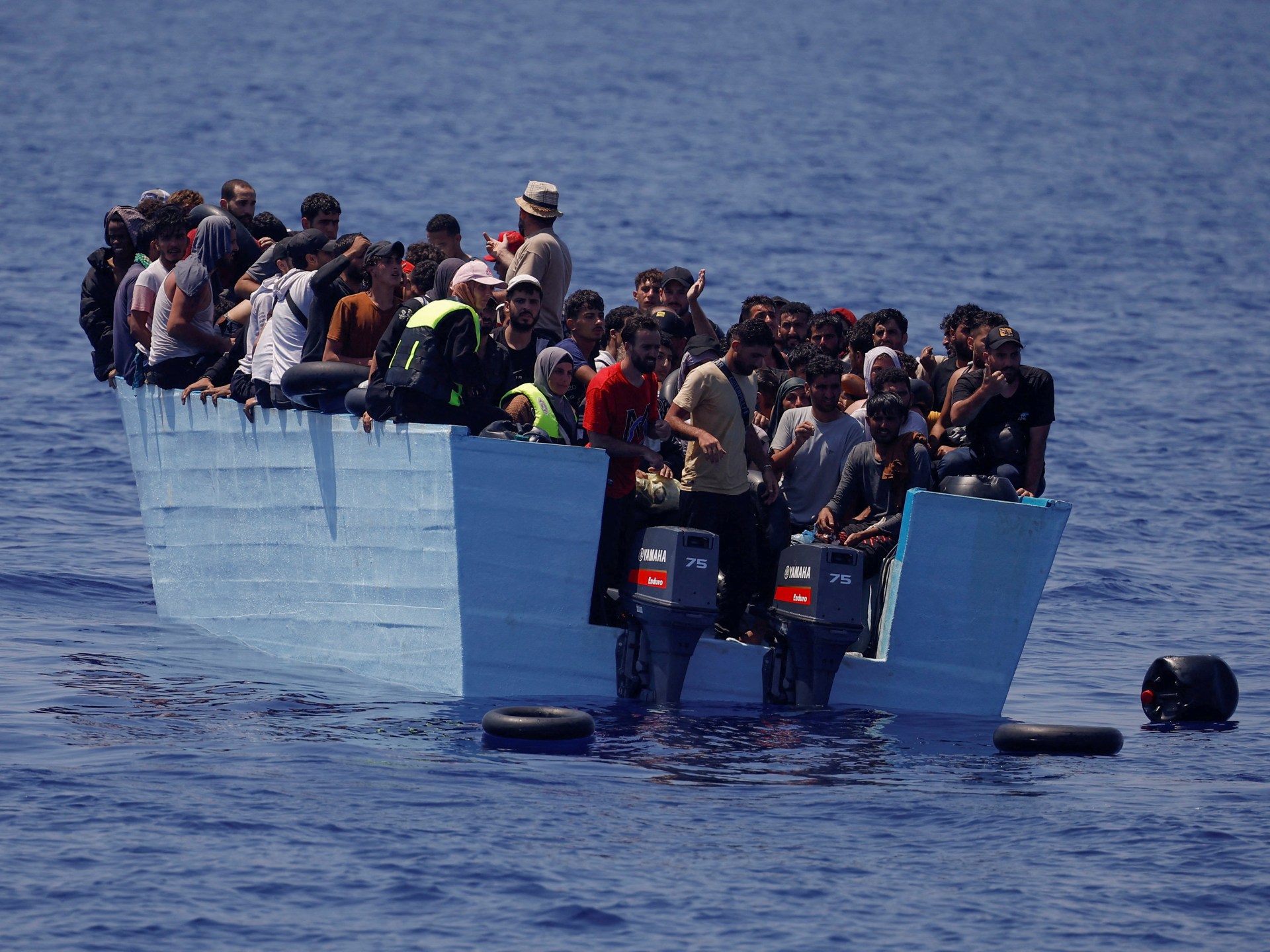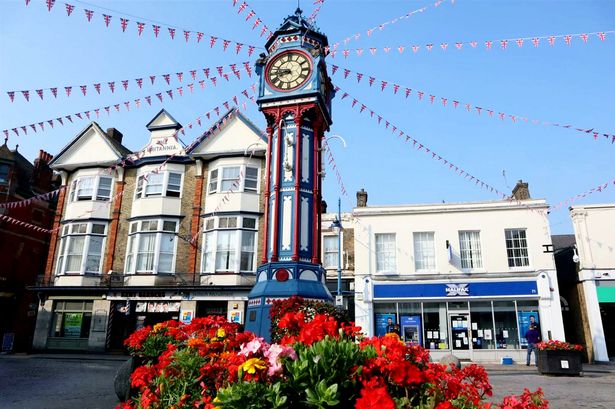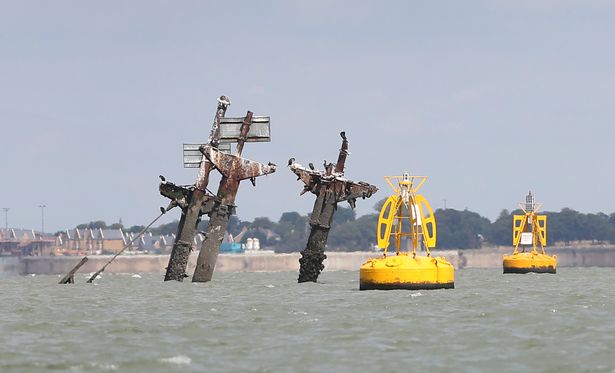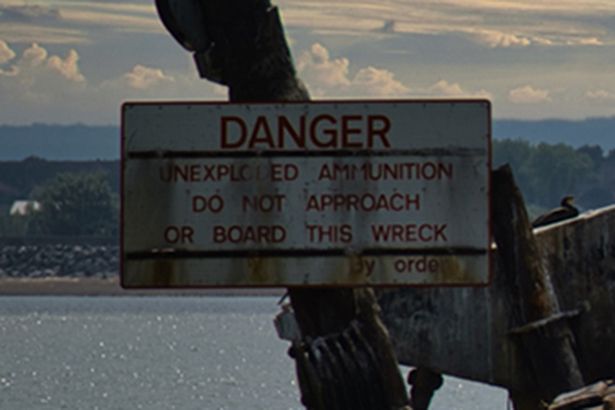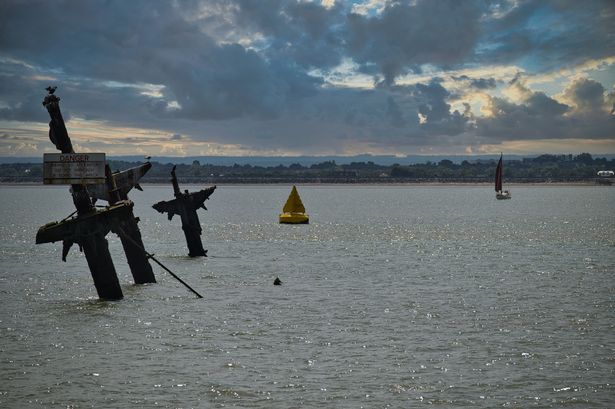Amanda Barrie used to fear that her sexuality would cost her her role on Coronation Street and is certain she would have been sacked if bosses found out
Amanda Barrie used to fear that her sexuality would cost her her role on Coronation Street. The actress, who will celebrate her 90th birthday this weekend, is best-remembered by fans of the world’s longest-running TV soap as Alma Halliwell, and initially appeared in 1981 for a brief stint before appearing regularly from 1988 until 2001.
Over the years, viewers watched the supermarket worker marry fellow legend Mike Baldwin (Johnny Briggs), and will also recall her partnership with Gail Platt (Helen Worth) when they ran the café for a number of years and her long friendship with Gail’s mother Audrey Roberts (Sue Nicholls). In 2001, she left the programme for good when her character succumbed to cancer, and in 2003, Amanda came out as bisexual.
But the TV star, who married former Mirror journalist and crime novelist Hilary Bonner in 2014, is now certain that had she come clean about her sexuality any sooner, she would have been dismissed from the programme, although she appreciates now that she has no evidence to back up this claim.
READ MORE: TV legend Amanda Barrie says she’s spillling the beans with tell-all memoir as she turns 90READ MORE: Corrie’s Amanda Barrie: ‘I’m sworn off pork after op to put pig valve in my heart’
During an appearance on Thursday’s Good Morning Britain, she told hosts Kate Garraway and Ed Balls: “Somebody shopped me to the press. I should’ve known better but I never kept my life from anybody, all my friends know everything.
“I think people thought it was catching, you were pushed away and whispered about in corners. They would not, and I swear to God, I’ve said this but I can’t back it up, I know that I would’ve been sacked from Coronation Street.
“They would’ve got rid. You couldn’t have said ‘It would’ve been that person who did it or that…’ it would’ve been ‘Oh we don’t want anything to do with that, darling.'”
Once Amanda, who has just released her memoir I’m Still Here, had come out, she actually got a pleasant surprise with the reaction she received, having anticipated the worst.
She explained: “I expected to be stoned in the street, I got a lot of hugs. What was I in such a state about? Because it was just ‘Oh, I see, oh…'” before adding: “You automatically revert to the way you’d always behave, lurking about with your head down editing your life is what you do. You change they, he, she, all that editing…”
Amanda and Hilary, who live between Covent Garden and Somerset, are amazed how much public attitudes have changed over the years. For Amanda’s adamant she could never have come out before Alma’s death on Corrie in 2001, but now appreciates the inclusion and diversity within the show.
She said: “It wouldn’t have been the bosses who caused a problem so much as some of the other cast,” she reveals. ”My close friends like Helen Worth all knew the truth. But you heard other people say certain things….Not naming names.
“Now there are so many LGBTQI characters on the show I often joke they should rename it Canal Street! [after Manchester’s gay bar district]. What happened after I left? It’s not contagious, you know!”
Like this story? For more of the latest showbiz news and gossip, follow Mirror Celebs on TikTok, Snapchat, Instagram, Twitter, Facebook, YouTube and Threads.
